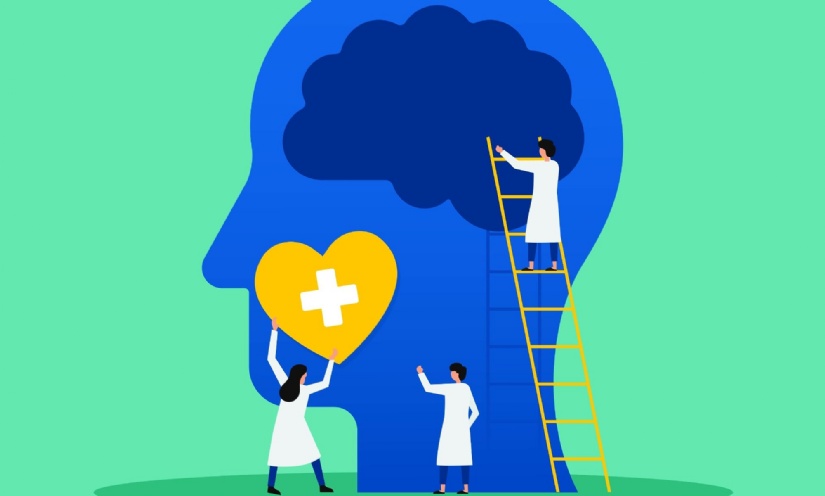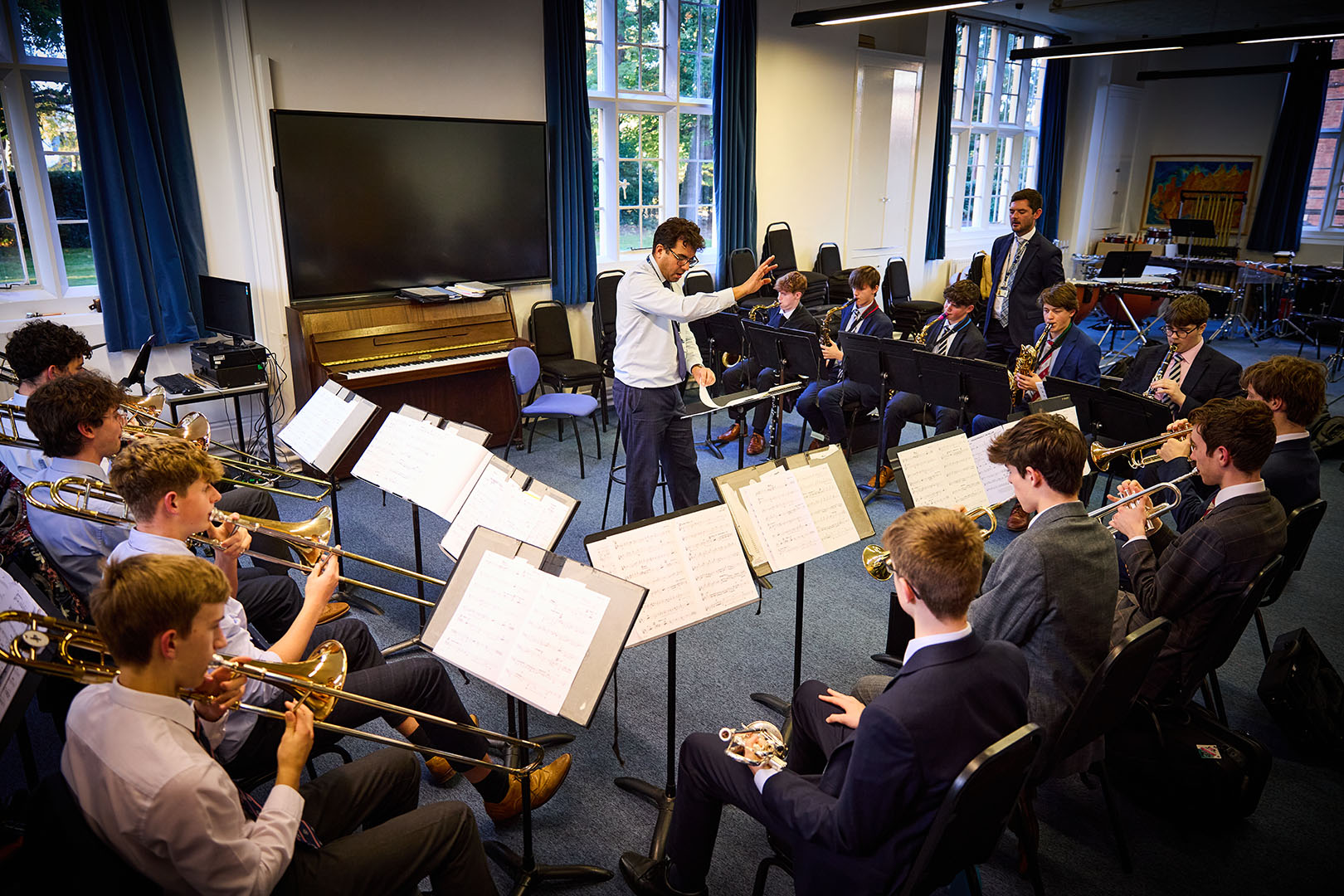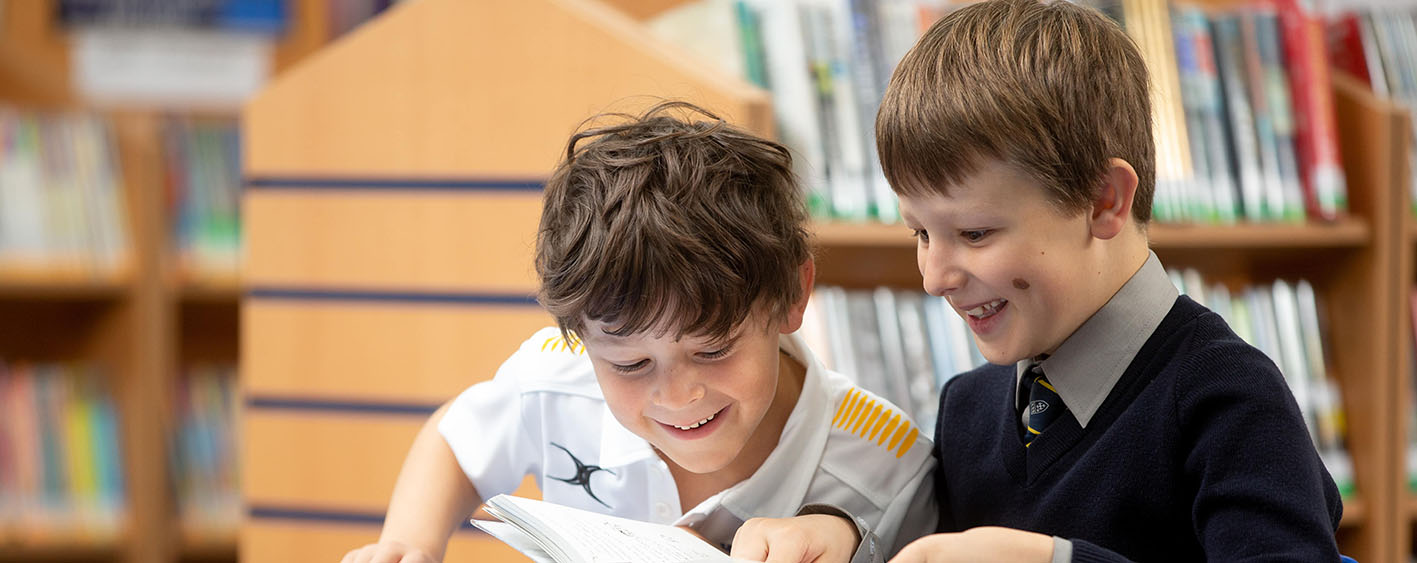Tom comes 3rd in National Psychology Essay Competition

Congratulations to Tom in Upper Sixth who came third in a National Psychology Essay Competition. Tom’s essay was interesting, well researched and effectively answered the question set. Read his entry below:
How should psychological researchers respond to the coronavirus pandemic?
Abstract
During the pandemic, psychologists in all fields have had the opportunity to take advantage of what could be seen to be a unique social experiment. So far as was practical, researchers should have responded to this pandemic through an increase in observations of the mental and physical well-being of the general population. Specific sub-groups were worthy of extra attention, for example the babies born in lockdown. Also, psychologists should have considered the prevalence of those living with mental illness, such as OCD or anxiety, as well as seeing how quarantine has affected the symptoms of it.
Essay
The COVID-19 pandemic has affected us all in our everyday life. People’s ability to socialise was severely restricted for an extended period of time. This is likely to have led to a huge rise in mental health problems, the full extent of which is unlikely to be understood for some time. People generally do not like change, but the pandemic necessitated a fundamental shift in the way we work and live our lives. Due to the government restrictions, the world of work and school moved online which, although useful in the short term, would prove difficult for many to maintain in the long term, and it is considered by many that the pandemic has created a perfect storm for mental wellbeing. The challenge will be for psychologists to identify the impact that the pandemic has had on mental health to ensure that resources are channelled most effectively to assist those who require it.
Firstly, one way that psychological researchers could respond to the pandemic is to monitor the mental health of the general public. A method that was introduced last year allowed any member of the public over 18 years of age to sign up for weekly check-ups via a mobile app. This would allow people to easily register their mental and physical well-being and receive the right help if needed1. In addition, by monitoring the general well-being of the public it will allow psychologists to give suitable help to those who need it most. Despite this, a weakness of using this app is that it will not be representative of the general population as a whole. By only allowing members of the public over 18 access, it will miss a percentage of the overall population who are suffering from mental health problems. In addition to this, given that the app is self-selective this will also not be representative of the people who are in denial of their problems, or are not willing to ask for help as they feel that they do not need it. Next, a proportion of people may decide they would rather consult a therapist in person, meaning they would rather wait on waiting lists than use the app. If they do not receive the support due to the large waiting lists, then they would also be left out of the figures collected from the results. Finally, as people report issues themselves, they may be subjective in terms of what they say. They could decide not to mention things that are harmful, for example, not sleeping properly or not eating enough. Therefore, they may not receive the quality of support they actually need as psychologists may deem them not suitable for the more intensive help. Overall, this means that this app will not show the true figures of people who are suffering as it relies on the public being honest about issues they may have, which some may not be prepared to do.
Secondly, in response to the pandemic, research should be done on young children and babies raised in lockdown. Due to large amounts of time spent inside with family and a lack of social interaction with children their age, it is likely their mind-set will be different from babies born in previous years. As a result of this, young children may become more reliant on their mothers than would be the case if they were spending days at nursery. Therefore, this could lead to a rise in separation anxiety after the lockdown when children go back to nursery and become separated from their mothers. One step that researchers could take is to repeat the well-documented research on cultural variations by Van Ijzendorm and Jin et al. Arguably, cultures have become more similar than before, at least for a short time, as lockdown has restricted social interaction in cultures where this is traditionally more prevalent making them more similar so those cultures where social interaction is less. It would be interesting to see if this pandemic has affected attachment of such babies as a result of this. This would be an opportunity for researchers to find out if conclusions drawn from the previous research are still valid for today. According to recent research from The University of East London, there have been obvious changes in the mannerisms of babies born during lockdown. They were observed to be a lot shyer than those who were born before lockdown. This can be explained due to the lack of social interactions at nursery2. Therefore, researchers, in addition to replicating this study, should monitor the number of attachment types. If there is a rise in the number of babies showing high stranger anxiety, there may be a rise in the number of babies classed as insecure resistant. This may mean that our society may shift from a secure predominant one to insecure resistant. This could lead to a change in our culture.
Finally, another step that psychology researchers should take to respond to the pandemic is to consider people with issues such as anxiety, depression or OCD. Due to large amounts of time spent inside, it is likely that these issues will have got progressively worse. People that suffer with symptoms such as obsessive cleaning of the house will be highly likely to have experienced some sort of change with their compulsions. Because of the virus, people may have had more compulsions to constantly clean, as they feel their house will have germs in it. Furthermore, studies have been done regarding the symptoms of OCD and found that during lockdown, those living with other people, experienced significant worsening of their symptoms, compared with those living alone3. Researchers for this study found that a “remission status on OCD symptoms before quarantine was associated with more elevated OCD symptom worsening over time”. This shows the detrimental effect which would have been stressful and would have been made worse by the constant references to the pandemic on the news and media. These would have had the potential to lead to a severe deterioration in the symptoms of those suffering. Despite this, there is a possibility that an enforced extended period of time inside the home could have helped those with OCD. For example, as someone goes out less and less due to the restrictions, it could mean they may feel there are less germs in their house. Therefore, this could lead to a rise in the number of cases that become desensitised, and as they become so exposed to these compulsions that they overcome this obsession, similar to the flooding treatment of phobias. Research should be done into the prevalence of OCD, to see if cases have altered, in addition to if lockdown has helped the symptoms or made them worse.
In conclusion, over the recent months, there have been many opportunities for psychology researchers to take advantage of the COVID-19 pandemic. This could be by way of new research but also by repeating previous research surrounding a topic, particularly those topics which are closely associated with social interaction. Upon doing so, they will be able to draw conclusions about societal shifts and changes to our culture arising from the pandemic. Although the pandemic has been seen as a negative event generally, it has also presented a once in a lifetime opportunity for research.
By researching this topic for the National competition, I have developed a deeper understanding and knowledge of the impact the pandemic has had on our society. The most interesting parts of this for me was research into ways that psychologists could respond to the effect on babies, as I certainly think that this would be a major factor that was influenced by COVID.
End Notes
- The Psychologist How psychology researchers are responding to the COVID-19 pandemic by Matthew Warren https://thepsychologist.bps.org.uk/volume-33/may-2020/how-psychology-researchers-are-responding-covid19-pandemic
- https://www.uel.ac.uk/news/2021/05-may/the-impact-of-covid-on-lockdown-babies
- https://www.ncbi.nlm.nih.gov/pmc/articles/PMC7280119/
References
Matthew Warren. (2020) The Psychologist: How psychology researchers are responding to the COVID-19 pandemic.vol33.BPS.Research Digest.
University of East London. (6 May 2021) The Impact Of Covid On Lockdown Babies.
Prestia Davide, Pozza Andrea, Olcese Martina, Escelsior Andrea, Dettore Davide, and Amore Mario. (June 9th 2020). The impact of the COVID-19 pandemic on patients with OCD: Effects of contamination symptoms and remission state before the quarantine in a preliminary naturalistic study.






















